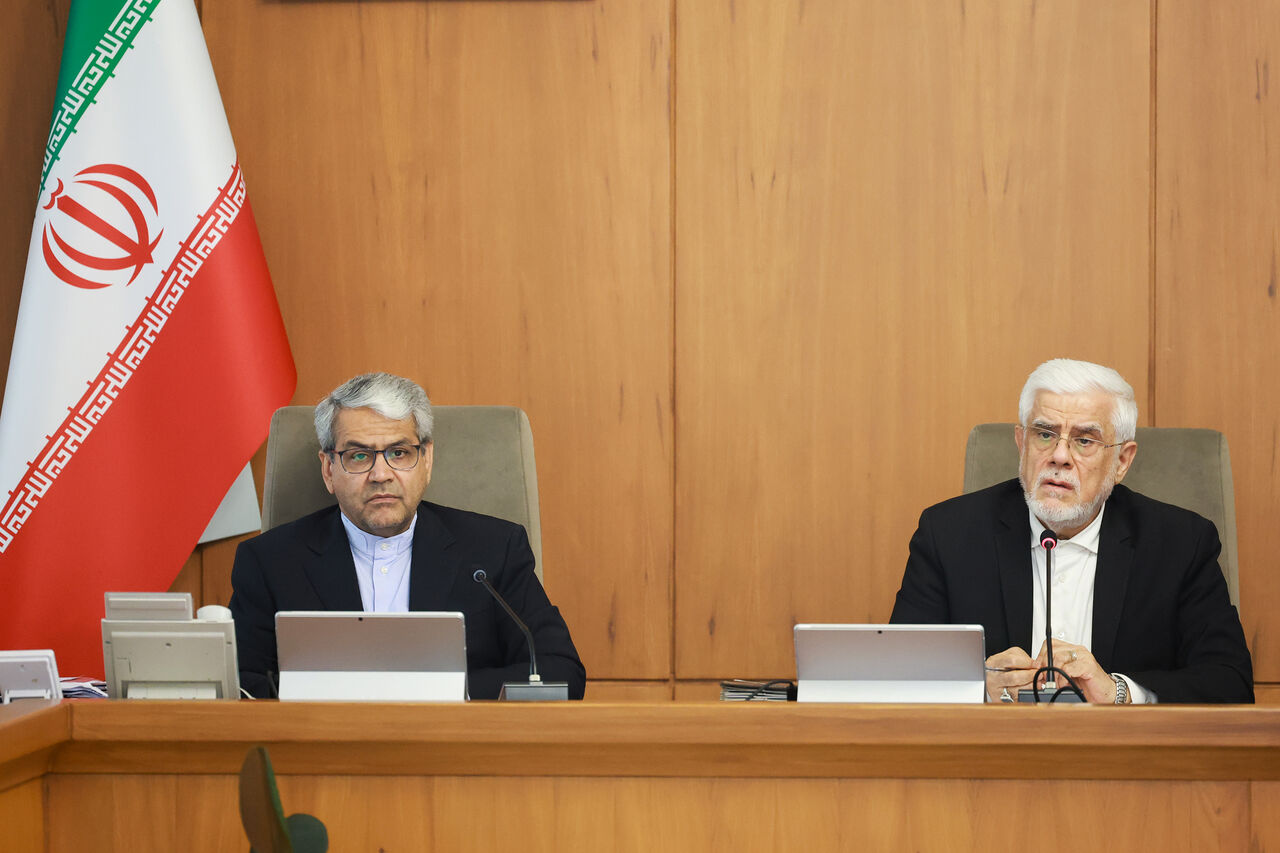
Similar Posts
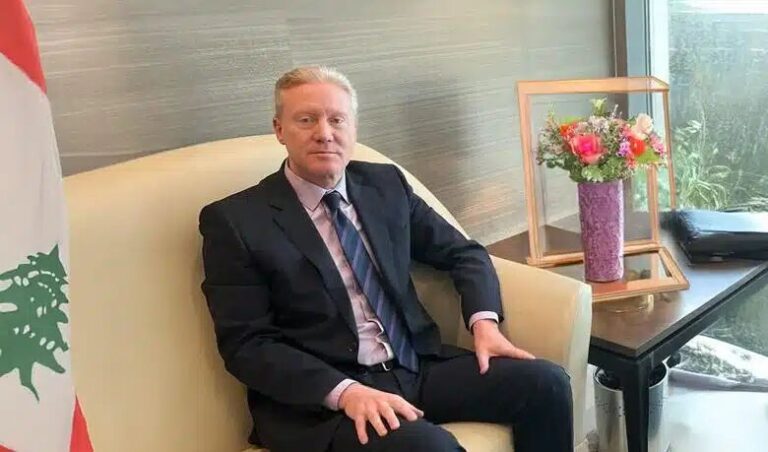
Lebanese Foreign Minister Dismisses Diplomatic Crisis with Tehran: No Basis for Tensions
Lebanese Foreign Minister Youssef Raji affirmed the strong diplomatic ties between Lebanon and Iran, dismissing any notion of a crisis. In an interview, he focused on the government’s commitment to assist the 200 Lebanese citizens in Iran wishing to return home, noting that the Lebanese ambassador in Tehran is working on their case and that permits are pending. Raji announced arrangements for an indirect flight from Iran to Beirut with a stop in Baghdad, which the Lebanese government will finance. He emphasized the need for careful communication in Lebanon’s relationship with Iran, advocating for a gradual approach to addressing issues.
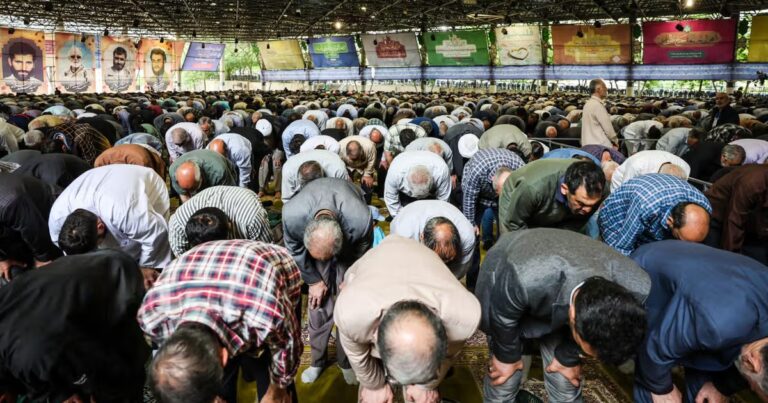
State Clerics Hail Diplomatic Wisdom of Nuclear Talks During Friday Prayers
Senior Iranian clerics have cautiously welcomed renewed indirect negotiations with the U.S. regarding Iran’s nuclear program, emphasizing national sovereignty and the need for sanctions relief. During a Friday sermon, interim prayer leader Mohammad-Hassan Aboutorabi-Fard highlighted Iran’s commitment to a peaceful nuclear agenda and transparency while resisting external pressures. Indirect talks in Rome and Muscat aim to gauge U.S. sincerity, with Iran’s Foreign Minister calling them a critical test. Clerics warned against overreliance on diplomacy, advocating for structural economic reforms regardless of negotiation outcomes. They reiterated the importance of national strength and scientific advancement in securing Iran’s interests and sovereignty.
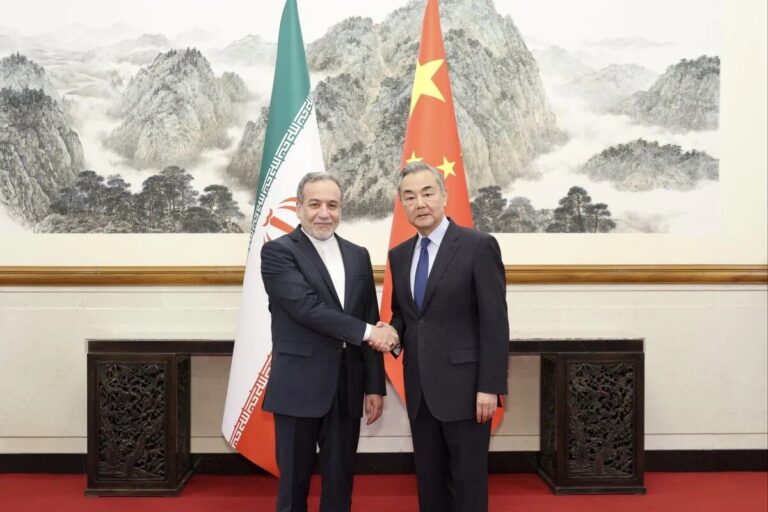
Iran-China Relations: Araqchi Predicts 2025 as a ‘Golden Year’ for Bilateral Ties
Iran’s Foreign Minister Abbas Araqchi predicts that 2025 will be a “golden year” for Iran-China relations, driven by high-level visits and enhanced cooperation. Following discussions with Chinese counterpart Wang Yi in Beijing, Araqchi emphasized the significance of their talks, which included indirect negotiations with the U.S. He expressed confidence in China’s role as a “friendly country” in these discussions. Araqchi highlighted shared concerns over U.S. policies, emphasizing collaboration against U.S. hegemony. Plans for future summits and the upcoming visit of President Masoud Pezeshkian to China were also discussed, reinforcing their commitment to strengthening bilateral ties.
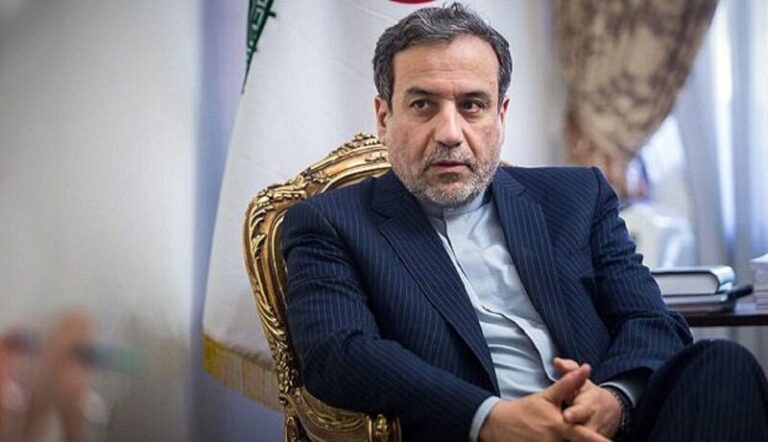
Iran’s Foreign Minister Sends Heartfelt New Year and Spring Festival Wishes to China
Iranian Foreign Minister Abbas Araghchi recently sent a message to the Chinese government and citizens, emphasizing the significance of the Spring Festival as a cultural bond between Iran and China. He congratulated President Xi Jinping and the Chinese people on the New Year, highlighting the festival’s representation of solidarity and friendship. Araghchi noted the ongoing “Glory of Ancient Iran” exhibition in Ürümqi and the “Land of Kindness” exhibition in Changliu, promoting cultural exchanges. He encouraged Chinese citizens to visit Iran during Norouz celebrations to explore Iranian civilization and concluded with wishes for peace, equality, and cooperation globally.
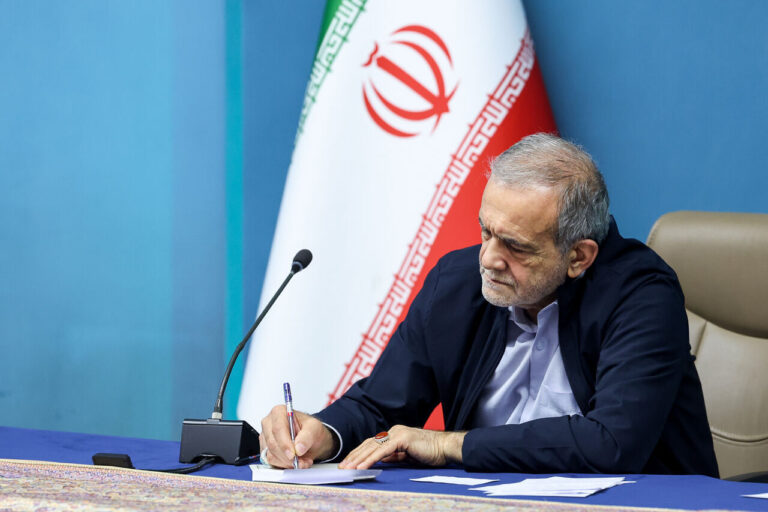
President Pezeshkian Expresses Heartfelt Condolences on the Loss of Pope Francis
Tehran’s President Masoud Pezeshkian has expressed heartfelt condolences following the death of Pope Francis at 88, acknowledging the profound loss felt by Catholic Christians and admirers worldwide. In his message, Pezeshkian praised the Pope’s humanitarian efforts, particularly his condemnation of injustices in Gaza and advocacy for Palestinian rights. He emphasized the Pope’s legacy of compassion and commitment to peace among religions. Foreign Minister Abbas Araqchi and Iran’s ambassador to the Vatican also conveyed their sympathies, honoring the Pope’s wisdom and dedication to interfaith understanding and global solidarity, underscoring his lasting impact on efforts for peace.
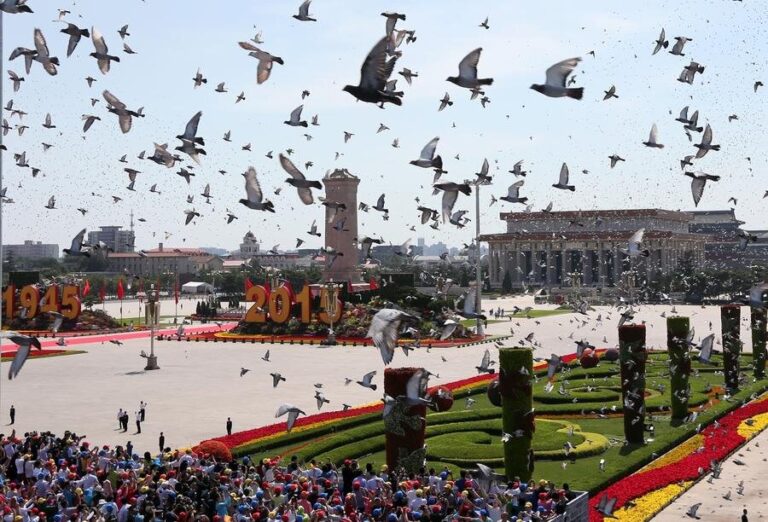
Empowering Future Generations: The Legacy of Peace Passed Down
The 80th anniversary of the World Anti-Fascist War victory marks a pivotal moment in history, shaping a better international order and peace. As global dynamics evolve amid technological advancements and rising unilateralism, it is vital to reflect on past lessons to protect hard-won peace. The UN’s establishment symbolizes a commitment to sovereign equality and international cooperation. Despite recent challenges, including protectionism and ideological divisions, history emphasizes the necessity of unity and adherence to rules for global stability. China, as a founding UN member, continues to advocate for peace and development, urging cooperation to avoid repeating past tragedies and achieve sustainable progress.